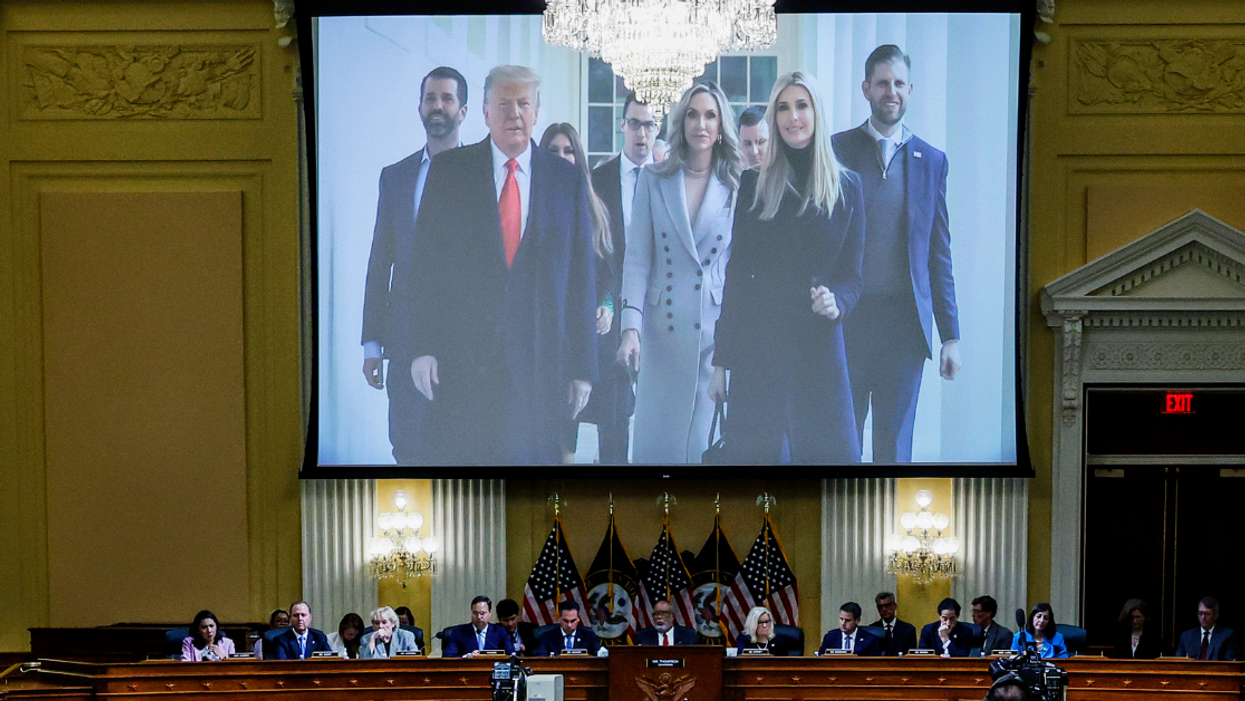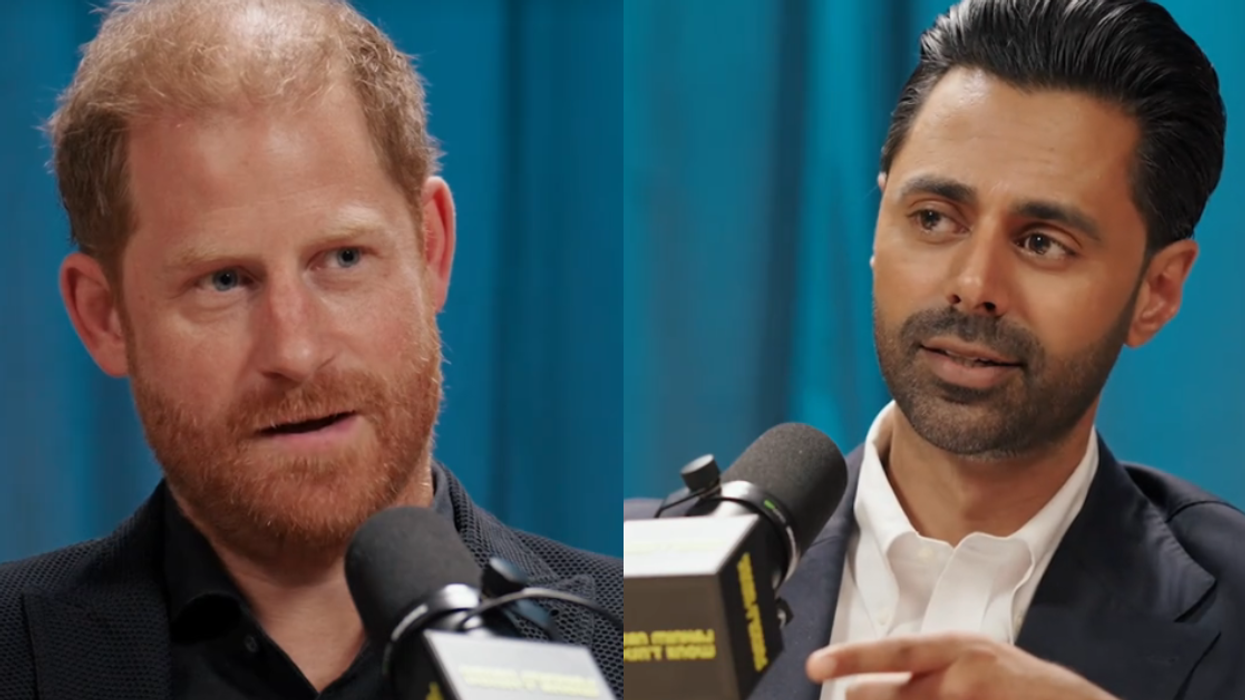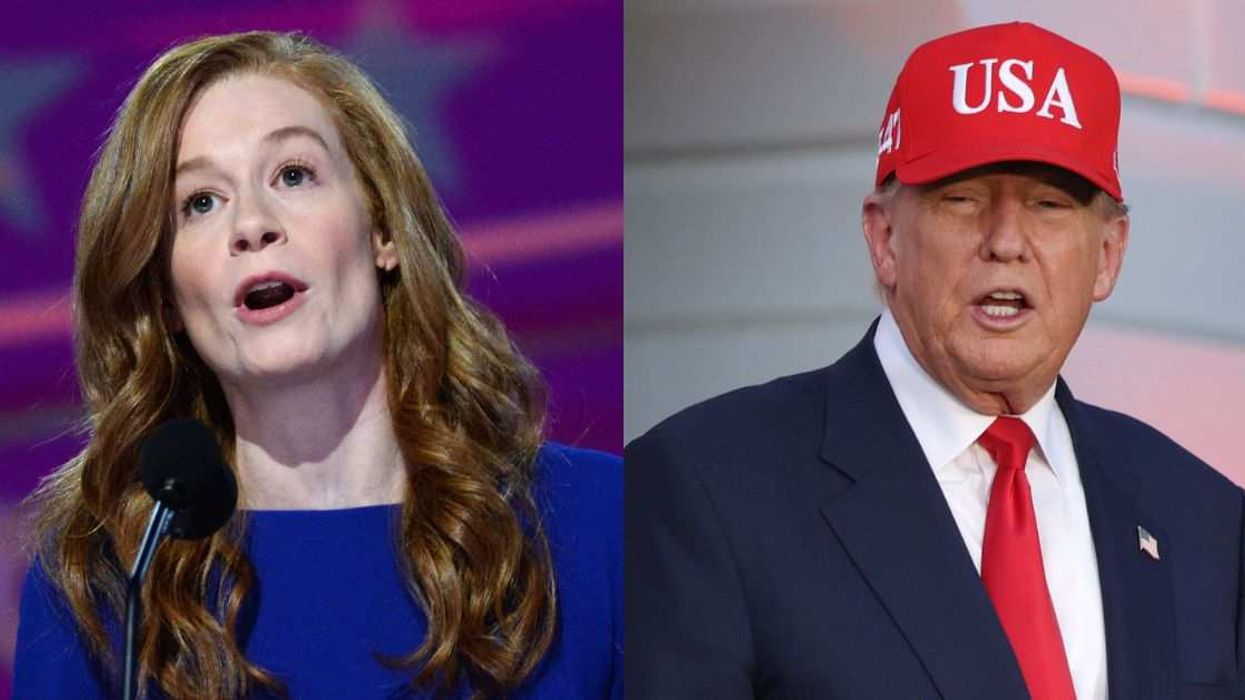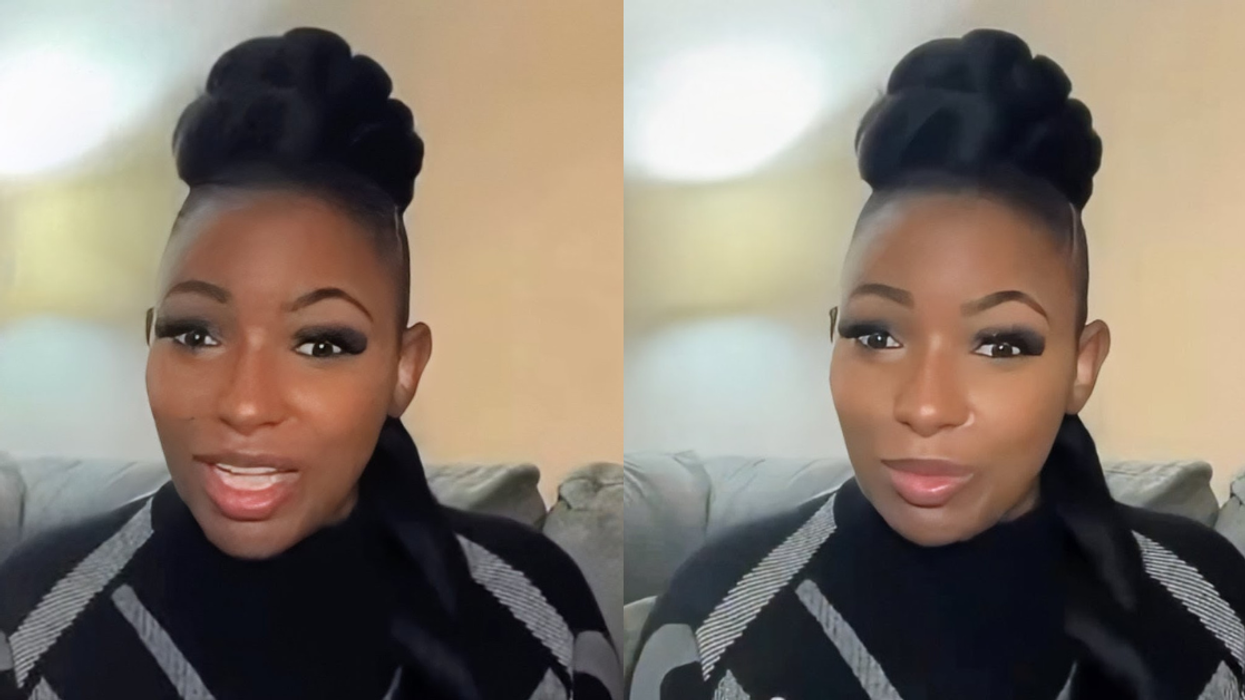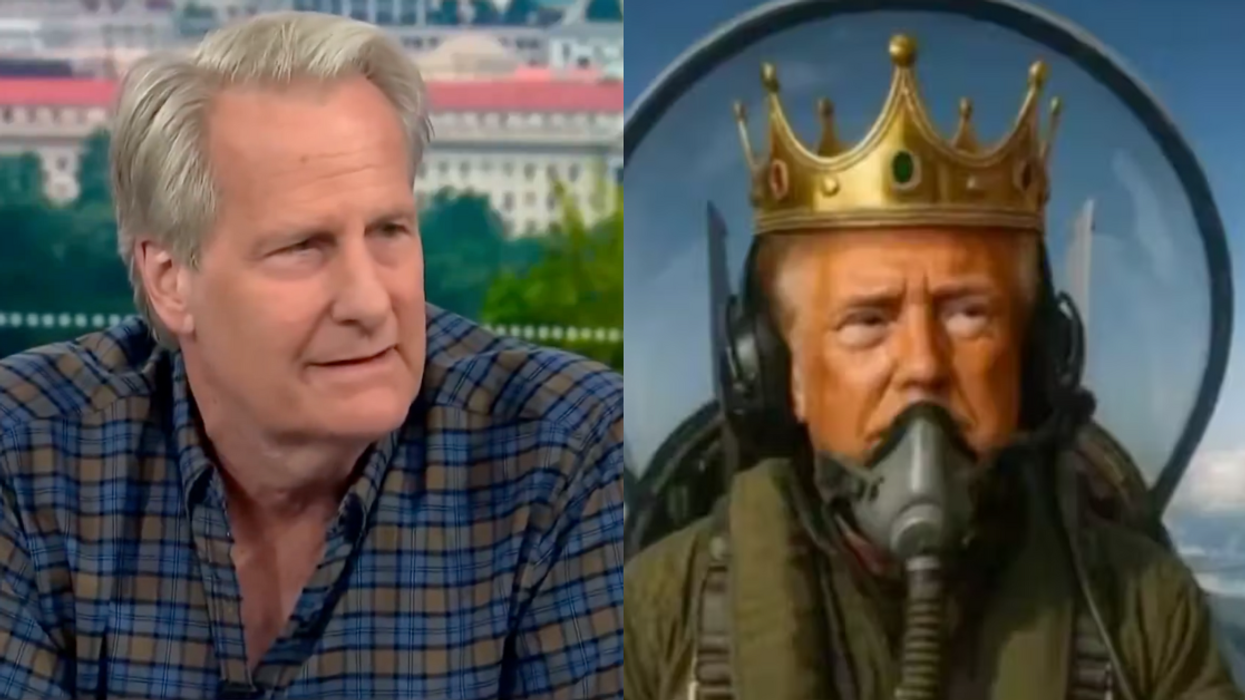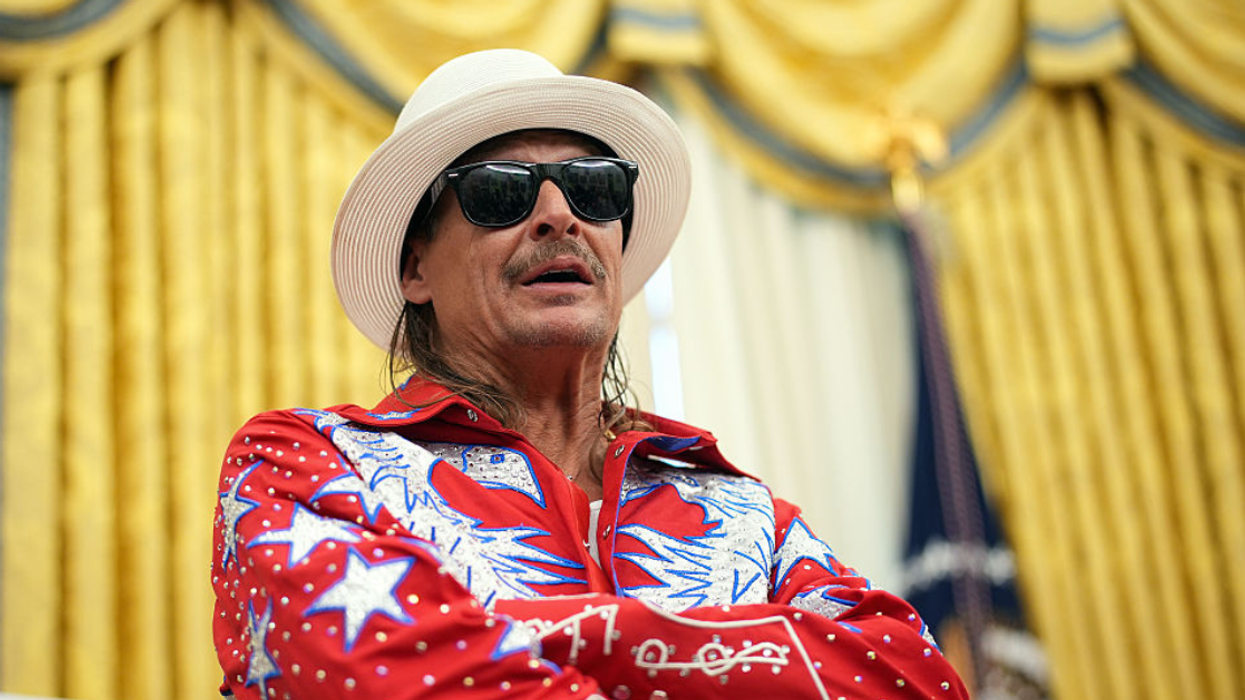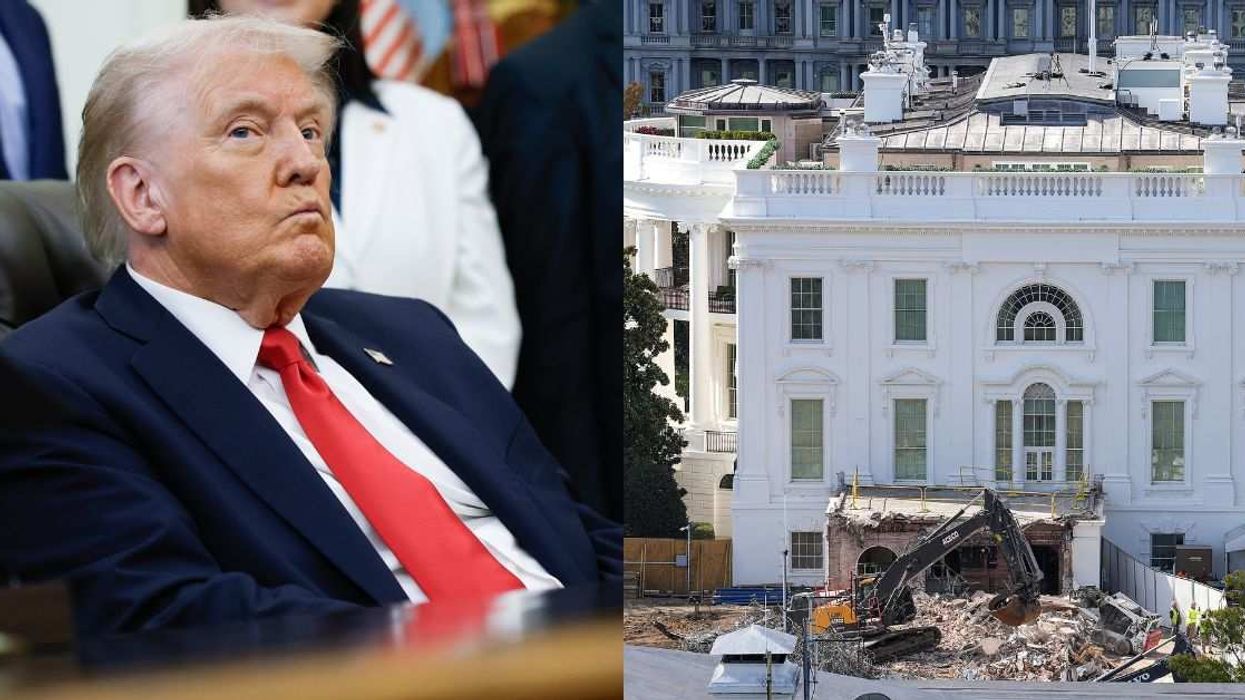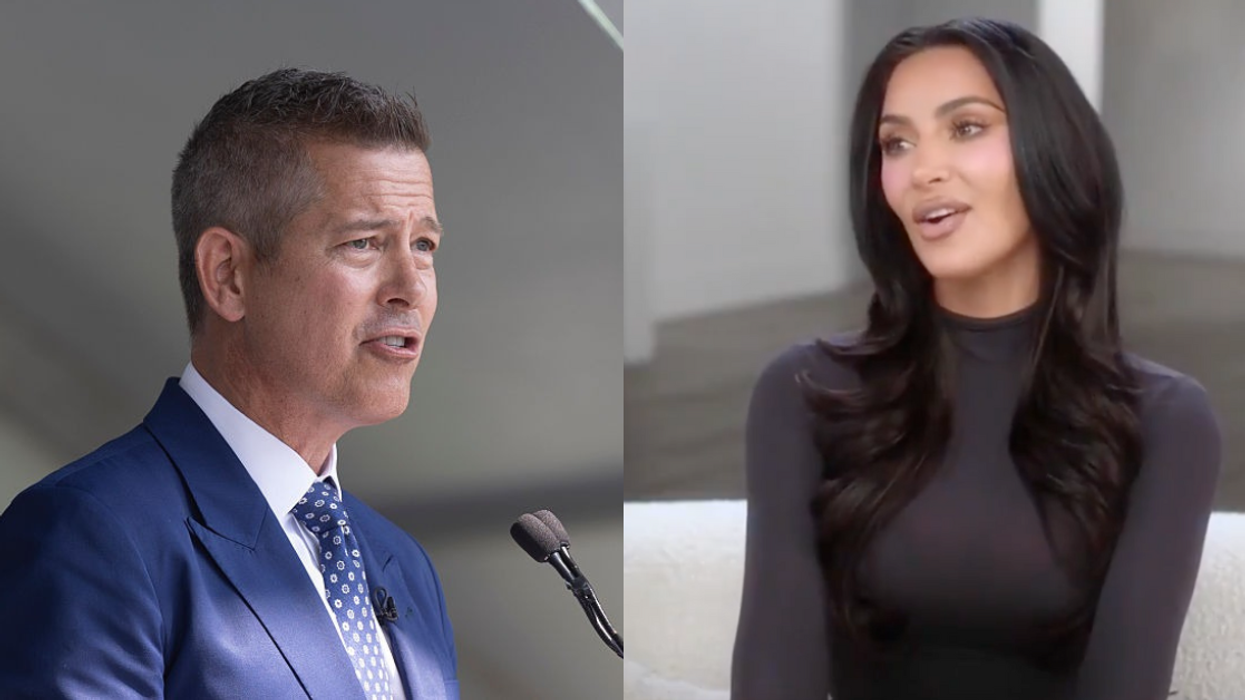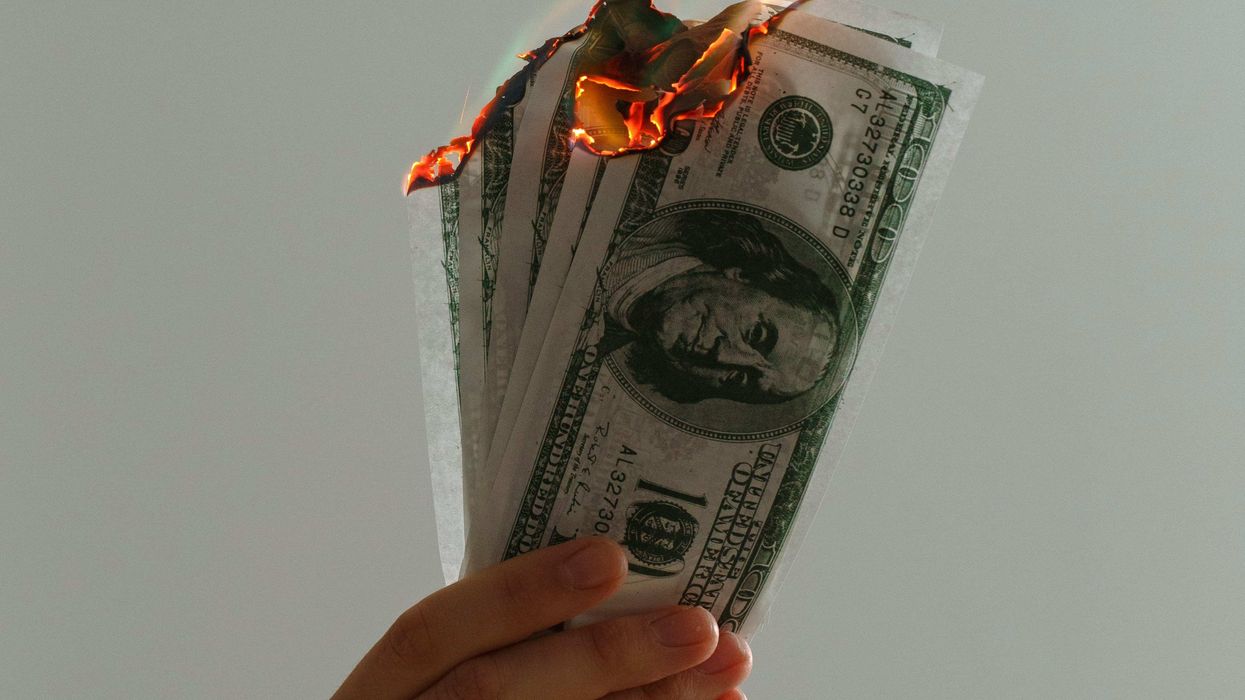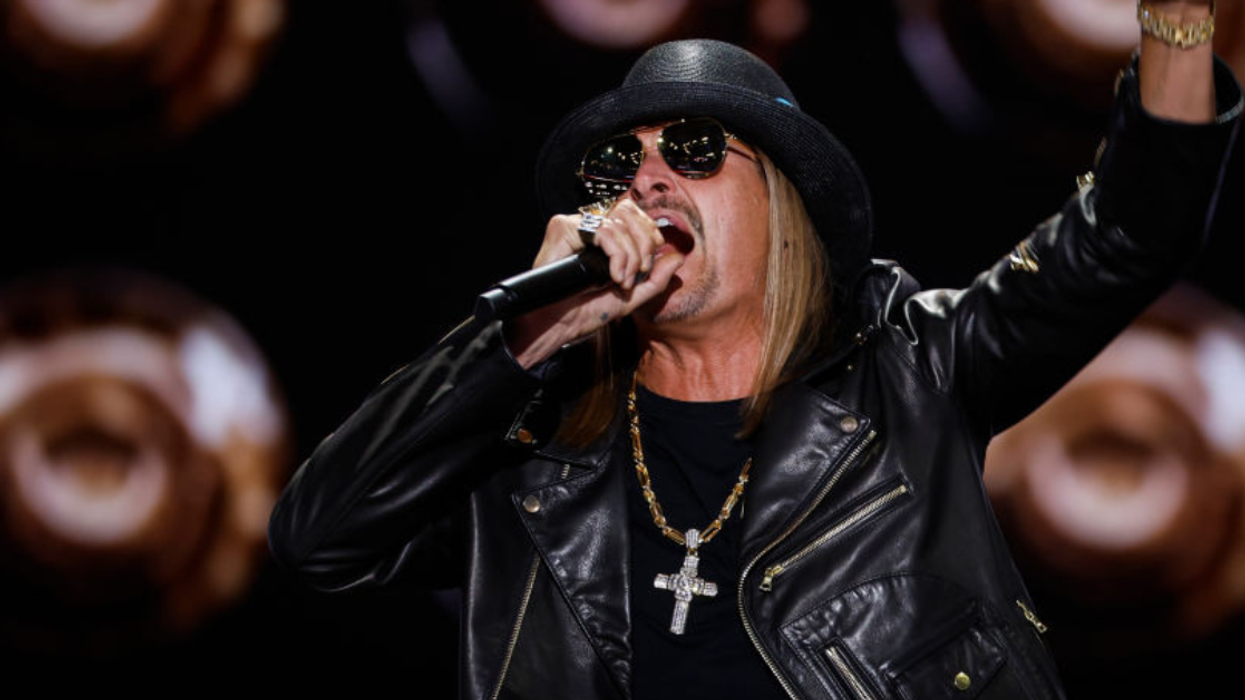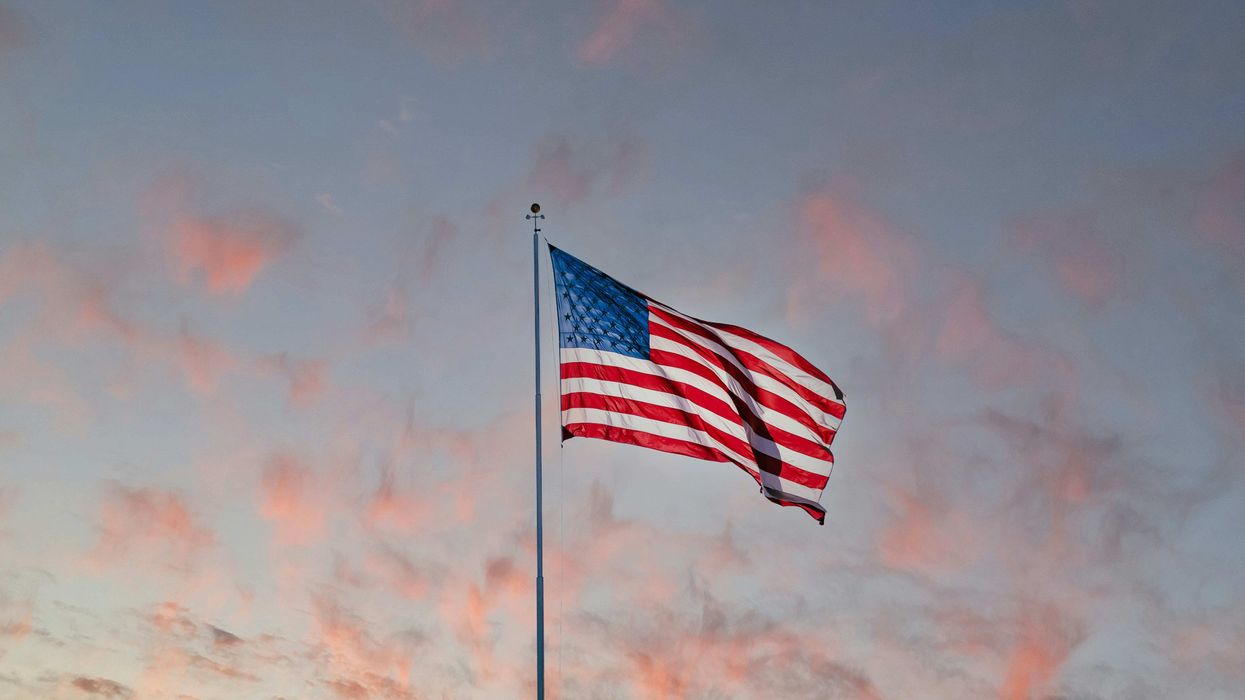Attorney General Merrick Garland’s statement that “I can assure you that the January 6 prosecutors are watching all of the hearings” likely set off alarm bells in Trumpland. Assuming they are indeed watching, what are they looking for?
The Main Things Prosecutors Are Asking Themselves
The Committee boasts several former prosecutors on its staff. These prosecutors know that one of the target audiences of the hearings are other currently-serving prosecutors who are likely now asking themselves two key questions.
First, if we brought these same facts before a grand jury, would it find that there is probable cause to believe that a crime has been committed? That is to say, is there sufficient cause, based on the facts presented, to form a reasonable belief that Trump and his cohorts broke the law?
Second, because grand juries almost always return indictments, prosecutors are also likely wondering whether they can ultimately convince a jury beyond a reasonable doubt of Trump’s guilt—and what the consequences of a hung jury would mean for the nation.
As I’ve written about earlier, the hardest part of bringing charges against the former president will be to prove his guilty state of mind. Under the obstruction of Congress statute, you need to prove corrupt intent. Under the conspiracy against the United States statute, you need to prove intentional deceit.
In a wire fraud case, you need to show intent to defraud. The tricky thing in all cases is that, short of Trump admitting outright what was going on inside his head, his intent has to be inferred from his conduct, his words, any documentary evidence, and what others have said and done.
What the Evidence So Far Shows
Prosecutors are looking to see whether the Committee successfully takes the legs out of Trump’s most likely defense that he did not know that his broad claims of election fraud were false. That lack of knowledge, if not dispelled beyond a reasonable doubt, would mean Trump lacks the requisite intent to have acted corruptly or to defraud.
And that would mean a not-guilty verdict.
There’s a general consensus in the media that the Committee has methodically and effectively destroyed the argument that Trump did not know his claims were false.
They’ve aired testimony from Trump’s own people—from former Attorney General Barr, to his own campaign lawyers and senior campaign advisors, to his own daughter Ivanka—to demonstrate that the very experts and people Trump trusted most were telling him unanimously that the election had not been stolen.
But Trump didn’t like that answer, so instead he surrounded himself with people who would repeat the lie.
And who were these other people? Certainly not “Team Normal,” the catch phrase used by Trump’s own campaign staff.
Let’s call the other group “Team Crazy.” They included an allegedly inebriated Rudy Giuliani, who was the lone voice Trump listened to on election night telling him to go declare victory prematurely.
They also included conspiracy-driven miscreants like Sidney Powell and Mike Flynn, who had been banned from being around the former president so had to sneak themselves into the White House in December of 2020 to push their lies. Their theories were described by Trump’s own attorney general as “complete nonsense,” “crazy stuff,” and “bullshit.”
The Committee also has shown that Trump began planting the idea of election fraud long before the election had even happened, making it clear that no matter what the evidence showed, Trump was going to claim he was cheated. He said that mail-in ballots were untrustworthy back in August of 2020 (even though he himself voted by mail) and repeated that baseless allegation in September 2020 to the press and during the presidential debates.
The Committee provided evidence that Trump was aware, from his own advisors, that Democrats would use mail-in ballots far more than Republicans. He was aware that same-day voting by Republicans would create the “red mirage” that Republicans had won, but there would still be millions of ballots from Democrats left to count.
That’s precisely what happened, of course, as all Trump’s advisors kept telling him. But he deliberately ignored the information on election night.
Even while ballots were still being counted and his lead was shrinking, he stepped before microphones in the wee morning hours of November 4, 2020 to declare that he had won. And he did this with zero evidence to back it up.
How the “Willful Blindness” Instruction Could Sink Trump
Assuming Trump will argue that he didn’t know that his election fraud claims were false (after all, he continues to repeat them to this day), this gets us into an interesting area of the law called “willful blindness.” That doctrine can establish knowledge on the part of the defendant even if the defendant claims he did not “know” what he was doing was wrong.
At its core, it says that if the defendant intentionally blinded himself to the truth, then he can’t claim he lacked the requisite knowledge of wrongdoing to be guilty of a crime. The doctrine is available as an instruction to the jury, and it’s also known colloquially as the “ostrich instruction” after the fanciful notion that ostriches stick their heads in the sand rather than see something they don’t like to see.
In Global-Tech Appliances Inc. v. SEB S.A., which was a patent case, the United States Supreme Court explained the concept of “willful blindness” in terms that ought to equally apply in criminal cases.
Willful blindness requires that the defendant (1) subjectively believed there was a high probability that a fact existed and (2) took deliberate actions or active efforts to avoid learning the fact.
It noted that this is a higher standard than negligence and or even recklessness.
A classic example is the drug mule. If someone hands you a packet and tells you to take it across the border to someone on the other side, then offers to pay you for doing so, you can’t claim that you didn’t know that there were drugs in the packet.
Everyone is subjectively aware of a high probability of the fact that if someone asks you to carry something across the border secretly and pays you for it, there is likely contraband involved. You’d have to deliberately decide not to ask questions and not to look in the packet to remain ignorant of what you were getting paid to carry across the border.
The case against Trump could proceed using similar logic. The former president was made aware of a high probability that the election was fairly decided.
We know this because, as the Committee has been showing, every single one of his closest, most trusted advisors was telling him that his claims of a stolen election were false and wrong. We know Trump himself believed there was a high probability that what they were saying was true because he started getting rid of anyone who wouldn’t toe the line on the Big Lie.
He sent all of Team Normal packing and surrounded himself with Team Crazy who would repeat the false narrative Trump wanted to spread, even though they themselves also knew it to be false. (Sidney Powell has admitted so much in defending a civil suit for defamation, arguing that “reasonable people” wouldn’t buy her claims.)
In sum, the Commitee has demonstrated to the prosecutors who are watching that they could make the following argument to establish knowledge by Trump:
- Trump knew that his claims about the election were false because he set himself up to make that claim long before the election even happened. He knew from his advisors that the “red mirage” would make it look like Republicans had won when millions of Democratic votes were still being counted, yet he proceeded without evidence to falsely claim on election night that he won.
- Even if Trump claims that he did not know that his statements about the election were false, he willfully blinded himself to this knowledge. He believed there was a high probability, based on what all of his top advisors were telling him, that the statements were false, yet he consciously and deliberately avoided learning about this fact. He pushed out Team Normal and brought in Team Crazy to avoid learning anything that would run counter to the false narrative about a stolen election.
As the hearings progress, we will hear even more about what Trump knew or would have known had he not intentionally blinded himself to the truth. One more important thing to note here: The Big Lie served Trump very well.
It enraged his followers so that they donated hundreds of millions of dollars based on his false claims. For thousands of his most angry followers, it caused them to gather in protest in Washington, D.C. on January 6 then storm the Capitol to accomplish what Mike Pence refused to do, namely impede and obstruct Congress’s official election count.
And after all, why bother telling what you know, or would have known to be the truth had you not shut your eyes tightly to it, when the lie serves you so much better?

